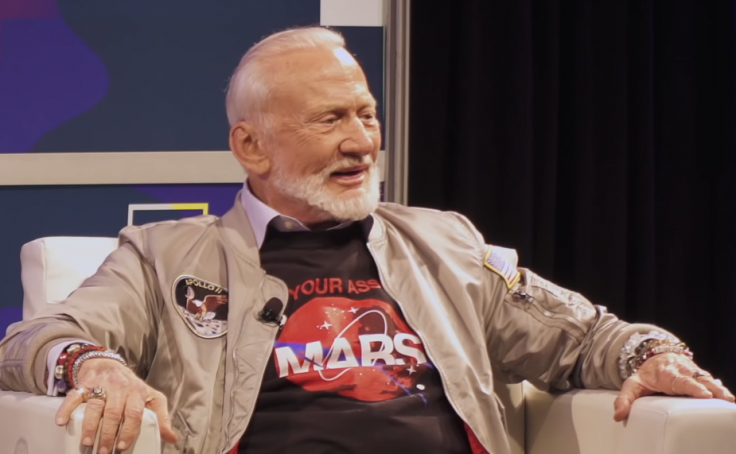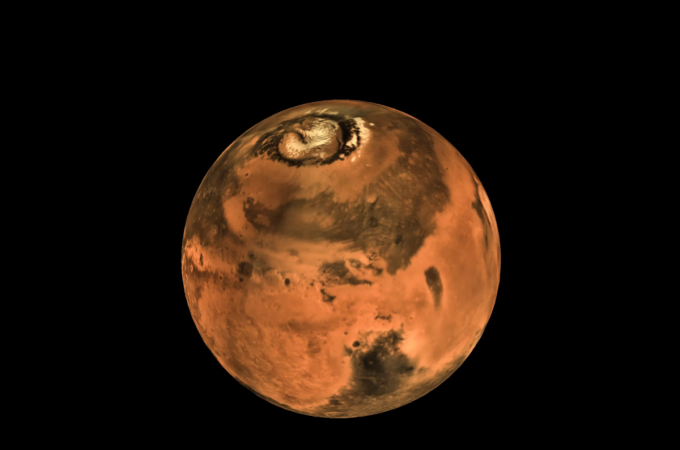
Buzz Aldrin, the 89-year-old Apollo 11 astronaut has urged space experts to consider colonizing Mars as an ultimate step for the survival of humanity. Aldrin made these remarks on his recent post published in the Washington Post, where he made it clear that Mars should become a serious focus for human exploration in the future.
Buzz Aldrin was one of the first men who walked on the moon 50 years ago along with Neil Armstrong and Michael Collins.
Aldrin began his column by hailing Vice President Mike Pence's call for NASA to return to the moon. Later, he shifted his focus to Mars and revealed that Mars should be explored by humans, rather than conducting investigations using unmanned robotic missions.
"Mars is waiting to be discovered, not by clever robots and rovers — though I support NASA's unmanned missions — but by living, breathing, walking, talking, caring and daring men and women. To make that happen, members of Congress, the Trump administration and the American public must care enough to make human exploration missions to Mars a national priority," wrote Buzz Aldrin.
Buzz Aldrin also revealed that colonizing Mars is very much necessary to assure the survival of humankind in the coming years.
"As a matter of orbital mechanics, missions from Earth to Mars for migration are complex. That said, human nature — and potentially the ultimate survival of our species — demands humanity's continued outward reach into the universe. Call it curiosity or calculation, strategic planning or destiny. Put simply: We explore, or we expire. That is why we must get on with it," added Aldrin.
Interestingly, a few months back, Elon Musk, the founder of SpaceX had revealed that the probable first Mars inhabitant could be a robot powered with artificial intelligence. The South African billionaire also added that he will visit Mars despite narrow chances of survival.
"We've recently made a number of breakthroughs that I am just really fired up about. I'm talking about moving there. Your probability of dying on Mars is much higher than on Earth. There's a good chance of death," said Musk during an interview with Axios on HBO.










